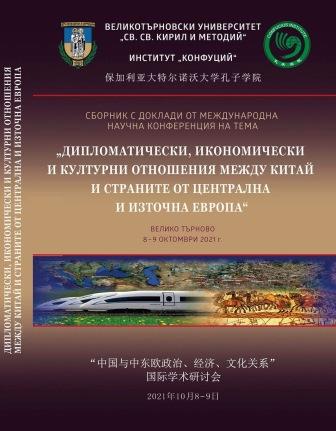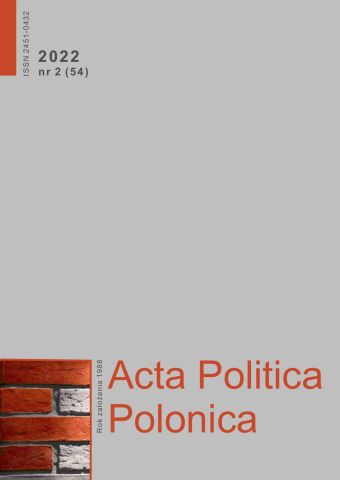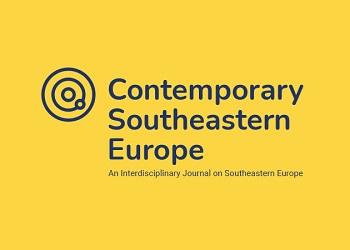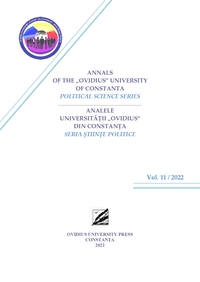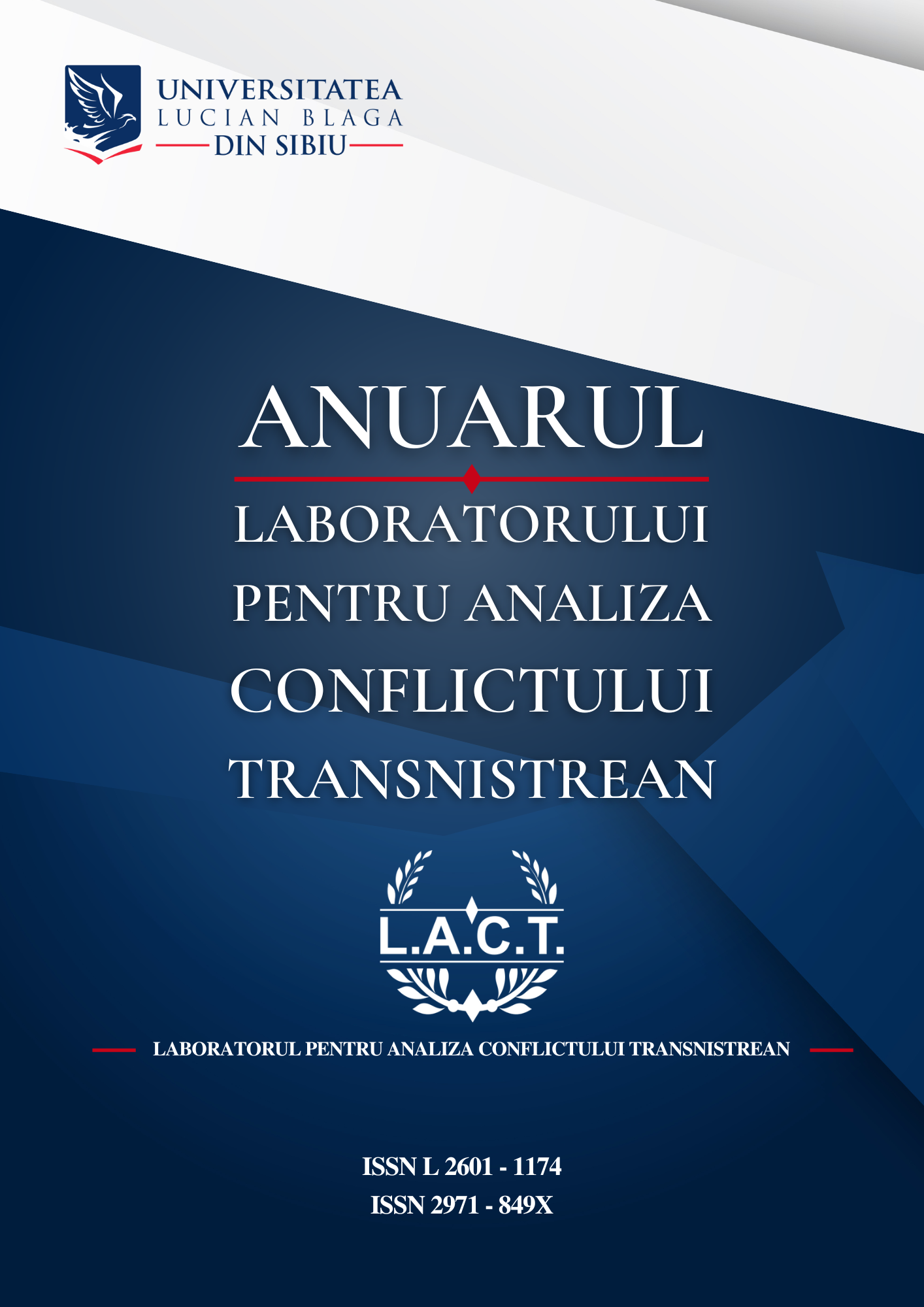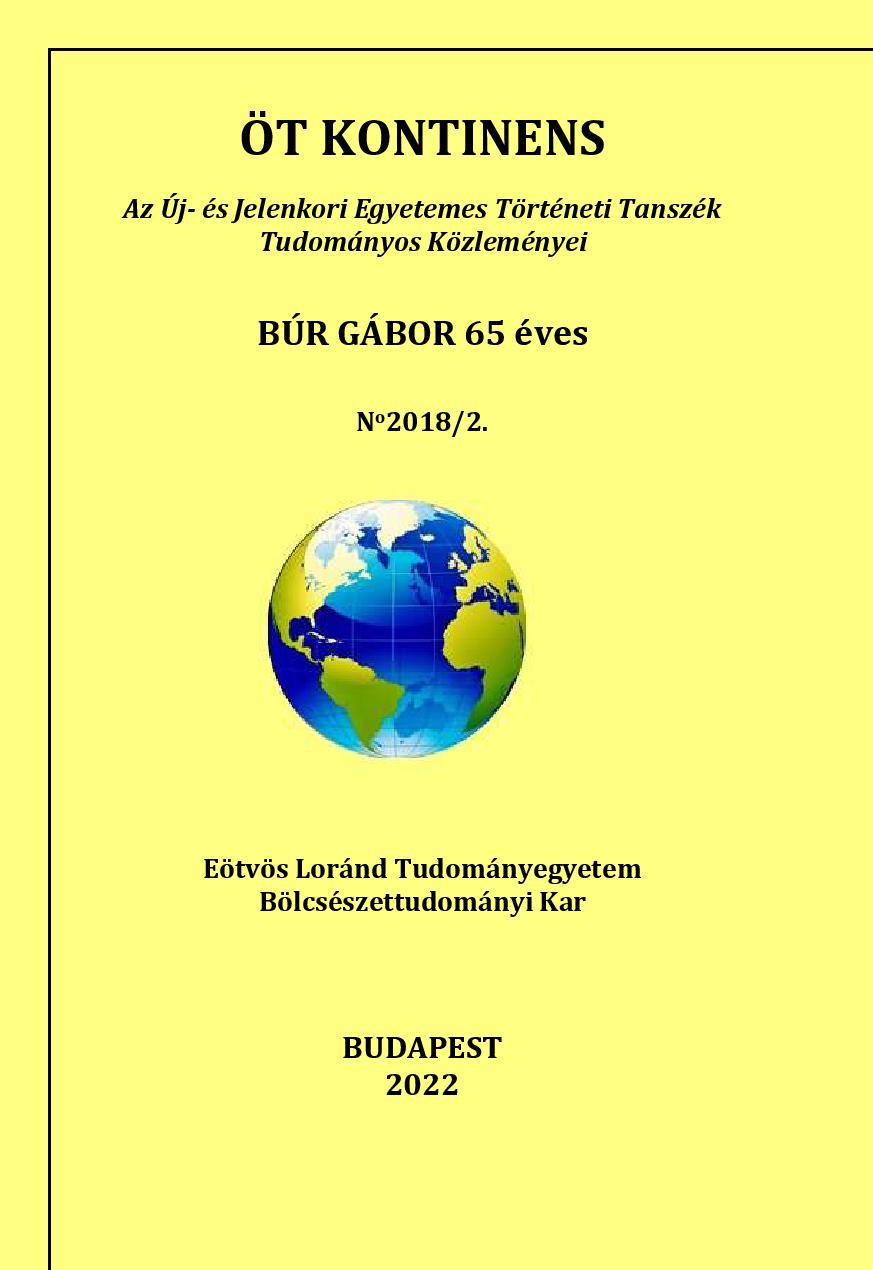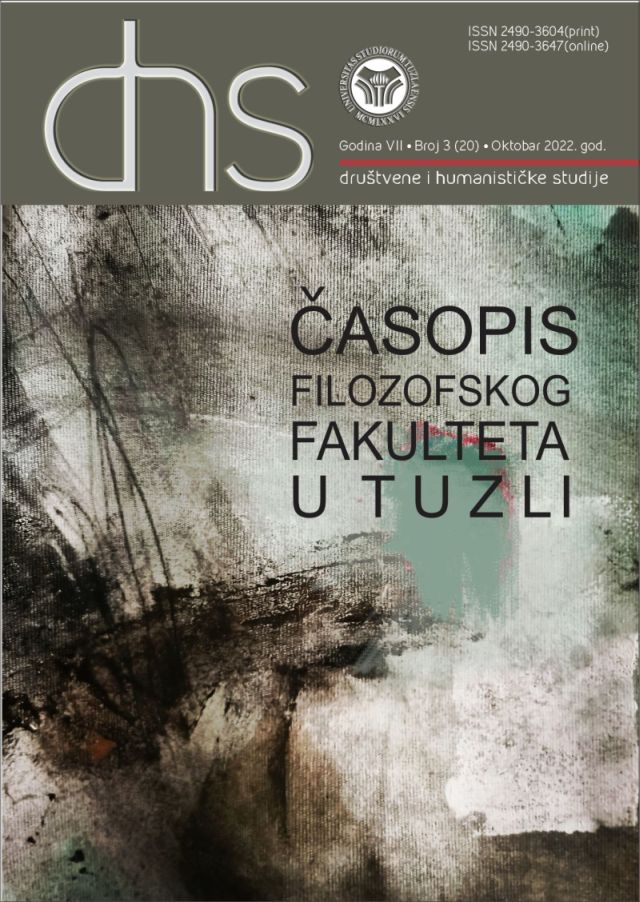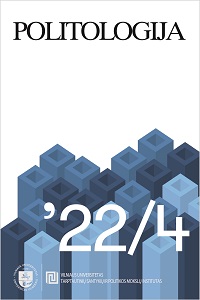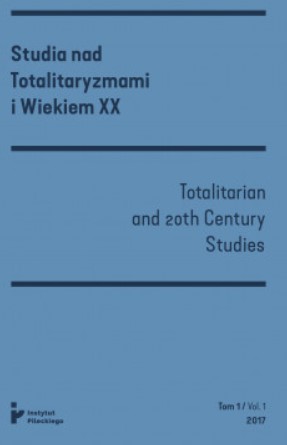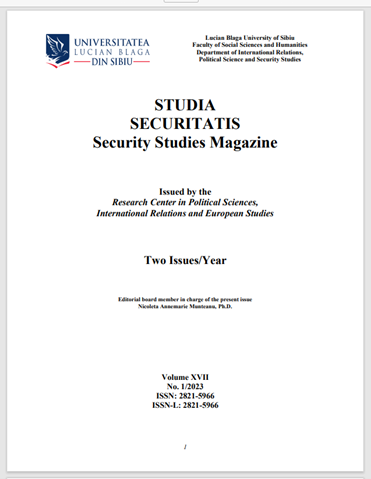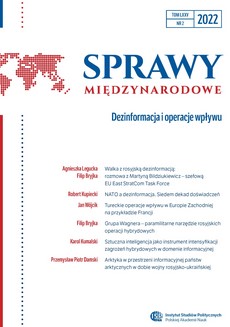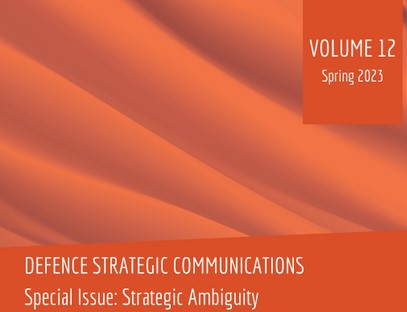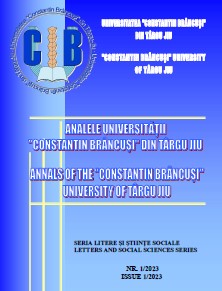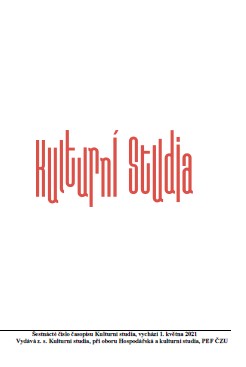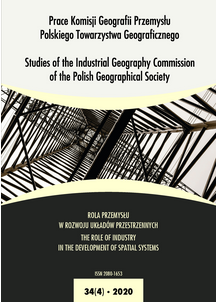
Logistics infrastructure of the Eurasian Economic Union (EAEU) in providing transit from China to the European Union
Changes in the transport infrastructure in China, Asia and the Russian Federation go along with the main regional geo-economic trends of their development. The core of the suggested initiatives from China is the inclusion of Asian countries and Russia in the list of transit states in order to form alternative multimodal transport corridors in the direction «East-West» (China-EAEU-EU route). The present research deals with the problems of the development of logistics infrastructure in the Eurasian Economic Union (EAEU) with the purpose of further improvement of transit opportunities in the delivery of goods from China to the European Union. The authors of the article take into consideration that the EAEU logistics infrastructure is an established and evolvable system which is formed under the influence of globalisation processes and regionalisation of the world economy. The unified transport system of the EAEU countries formed during the Soviet period needs modernisation. Modern conditions of transportation routes in EAEU are observed on the basis of the specific examples as well as the transformation and modernisation options of a transport vector in the direction of China-EAEU-EU. The main trends in the infrastructure development in Central Asia are reflected in the regional projects of railway and automobile communications with the integrational priorities. The development of logistics infrastructure is essential for the full realisation of the transit potential inherent in the integration within the Eurasian region.
More...
